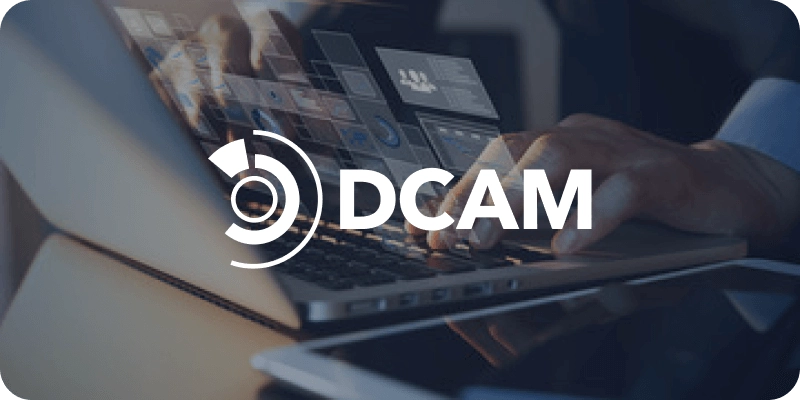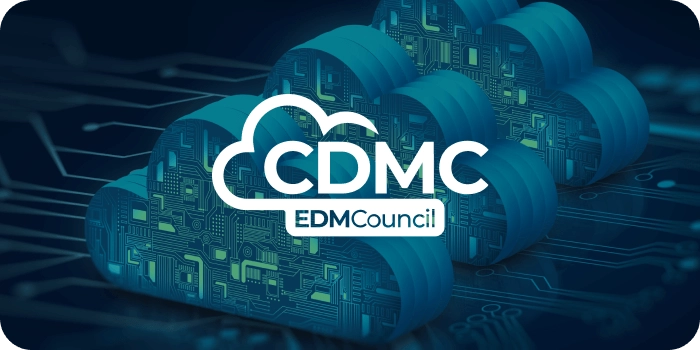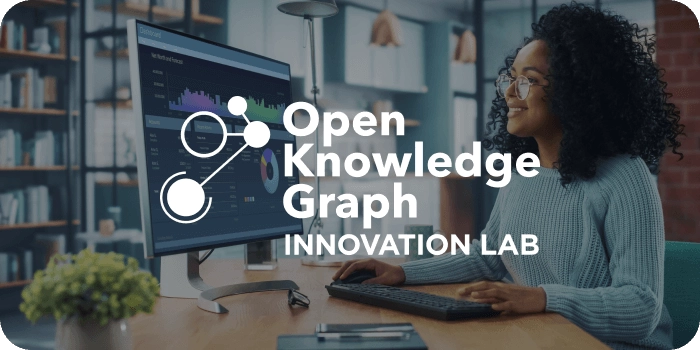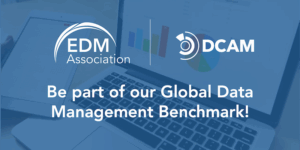Businesses are growing increasingly reliant on market and alternative data to monitor key results of their performance and risk, stay ahead of trends, and gain a competitive edge in the marketplace. While many organisations have solved the problem of identifying and acquiring diverse data sources for potential insight, the question still remains: How do we effectively integrate our sources at scale to unlock their true business value?
Join us along with Snowflake to learn:
- The biggest challenges to effective external data source unification
- How the Data Cloud and machine learning are helping overcome these challenges to enable continuous, clean, and trusted insights
- Real-life use cases where data unification has delivered high ROI through new data products and insights



